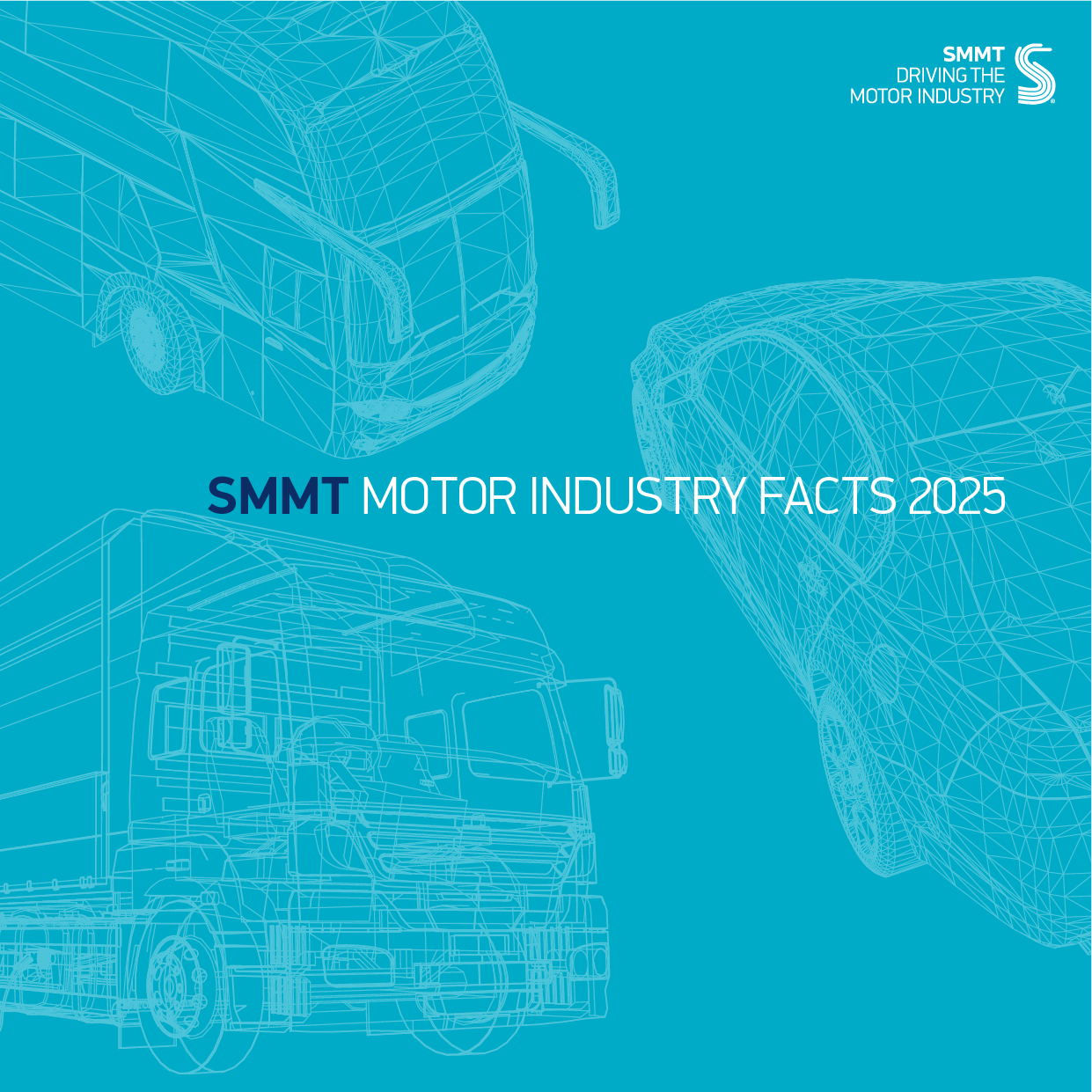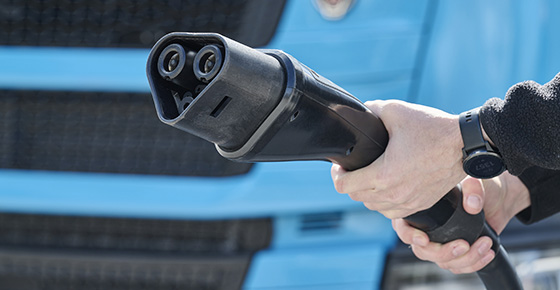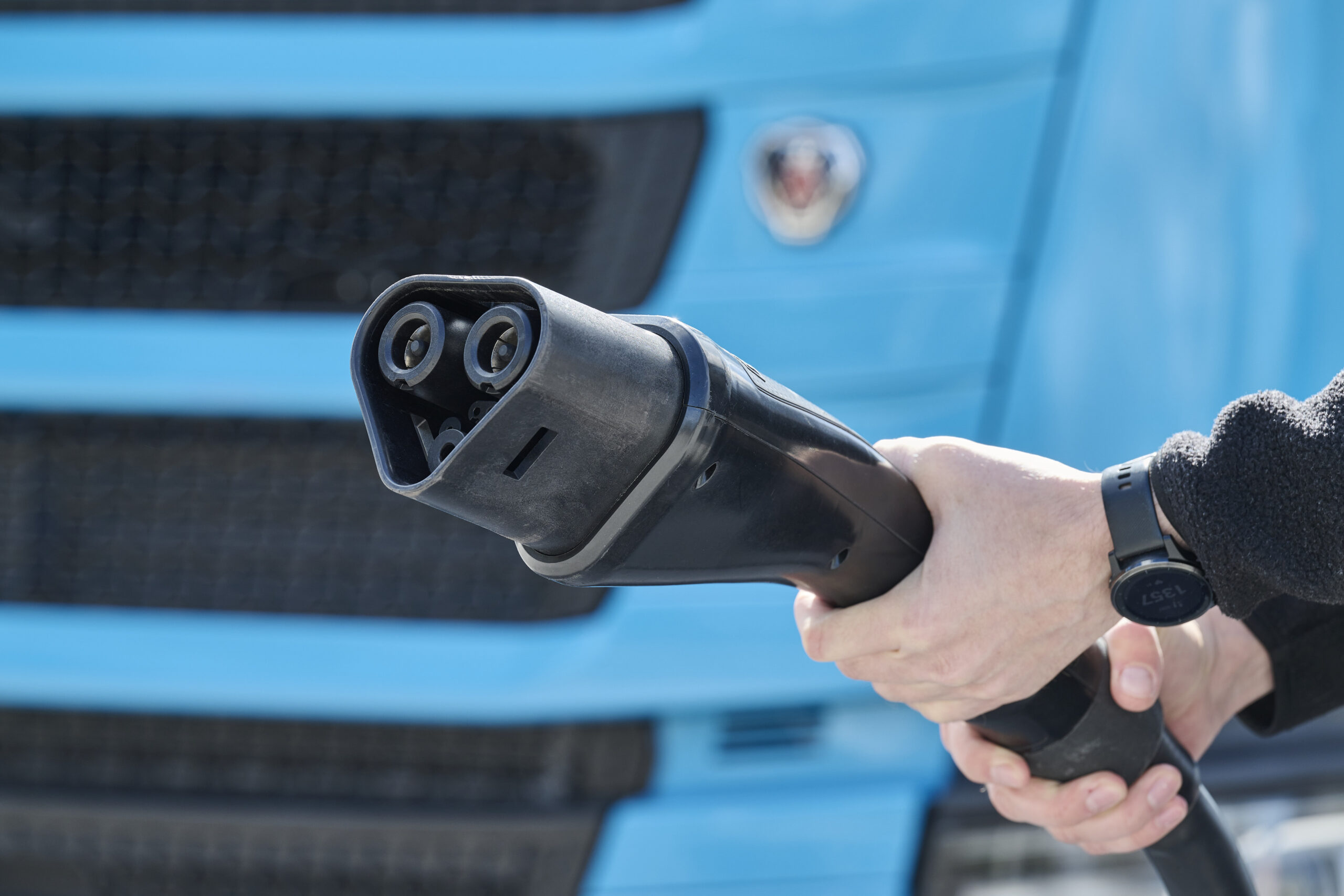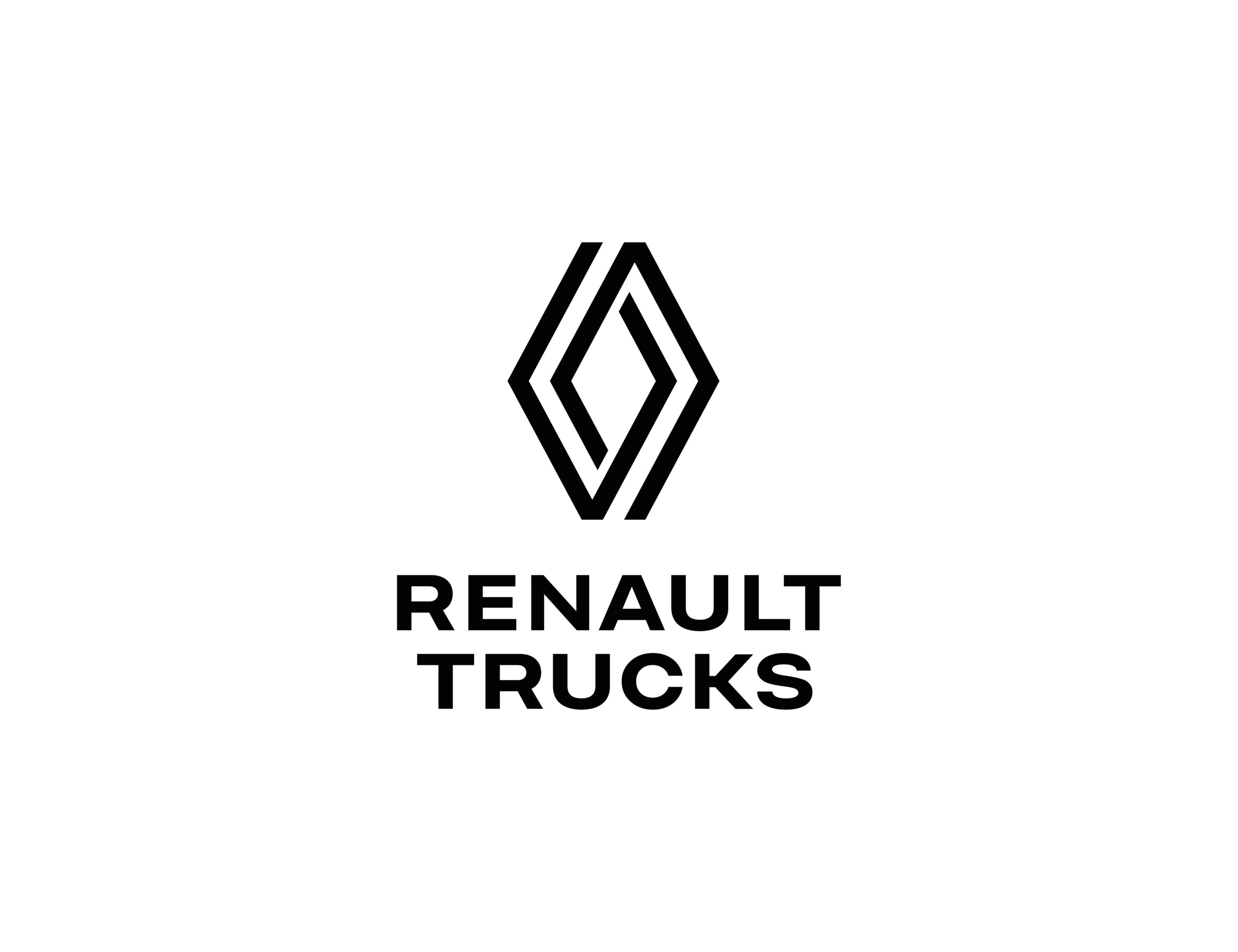
What do you think are the major challenges for the CV industry at the moment?
The commercial vehicle sector faces complex challenges that affect every part of the value chain, from suppliers and manufacturers to dealers and operators. Rapid advances in technology, the push for decarbonisation and the need to stay competitive are reshaping how we operate.
Trucks today are complex, connected and data-driven. From predictive maintenance to successful deployment of electric vehicles, smart charging and energy management, this shift puts pressure across the value chain to adapt and develop, deliver and effectively support these increasingly advanced offerings.
Decarbonisation must be seen as a strategic opportunity for growth. OEMs face increasing regulatory pressure, but for operators there are few real pull factors to drive adoption. The UK lags behind European markets where stricter urban emissions regulations are matched by stronger incentives. While the business case is improving through lower emissions and growing TCO advantages, high upfront costs and infrastructure challenges continue to affect operator confidence.
Maintaining competitiveness means managing the risks and disruption that come with major change. The challenge is to make this transition more affordable and accessible for all operators.
The target for net zero emissions trucks over 26 tonnes is in 2040. Clearly the emphasis is on developing and expanding the electric truck range, but how can we accelerate change and make it easier for OEMs to achieve this target?
Electric trucks over 26 tonnes are proven and performing in real-world operations today. Thousands of Renault Trucks EVs are in service across Europe, delivering reliable performance and building confidence among operators.
At Renault Trucks, we continue to refine and strengthen our electric vehicle line-up. The latest example is the E-Tech T with e-axle, which offers a range of up to 600km on a single charge.
Vehicle capability is no longer the limiting factor. Operators are investing in capital equipment, and they need policy certainty, targeted financial support and infrastructure to make electric technology a viable, long term business decision.
Net zero must also be commercially viable, the vehicles must pay for themselves and operator margins are already tight. Challenges remain around weights and dimensions legislation, particularly ensuring payload and length parity with diesel. We also need a broader shift in mindset that recognises the value of sustainable transport, with consumers appreciating and demanding low-emission delivery. Scope 3 expectations will grow and supply chains must be ready as they become business critical.
On infrastructure, while Renault Trucks is working with key partners including the UK and Scottish governments, National Grid and Volvo Group’s infrastructure joint venture Milence to help map a viable public charging network, only government can set the framework and timetable needed to accelerate progress at scale.
The message is clear: those who begin the shift now will gain a real and lasting advantage. By reducing risk and enabling confident investment, we can keep businesses competitive and ensure the industry meets the 2040 net zero target.
How is technology and AI shaping the future for Renault Trucks?
As part of Volvo Group, Renault Trucks is at the forefront of integrating data and AI across key areas of our operations.
Today, AI is enhancing customer uptime by analysing data from connected trucks to predict maintenance needs, enabling proactive servicing and reducing unexpected downtime.
Looking ahead, AI will play an increasingly important role in optimising fleet operations, improving efficiency and helping operators maintain productivity as the industry moves towards more sustainable transport solutions.
Driver well-being is a key concern now, particularly in addressing driver shortages. How can the product offering be improved to make the industry more attractive to new, younger drivers?
To attract the best young talent, we need to make driving a rewarding and appealing career, and the truck has always played a central role in that. These are exciting times for transport, and there’s strong appeal in being behind the wheel of cutting-edge technology.
Drivers love the quieter, smoother ride of electric vehicles, making demanding shifts more comfortable and less tiring. For operators, running electric trucks shows a clear commitment to sustainability and aligns with values that resonate with the next generation – who will be driving the industry forward.
What have been the key developments and what will be focus for the next two years for Renault Trucks?
Our offer is always improving around our decarbonisation strategy, focusing on delivering more efficient vehicles, strengthening and enhancing our battery electric range and developing our dealer network’s readiness for electromobility – ensuring operators have the support they need for a seamless transition.
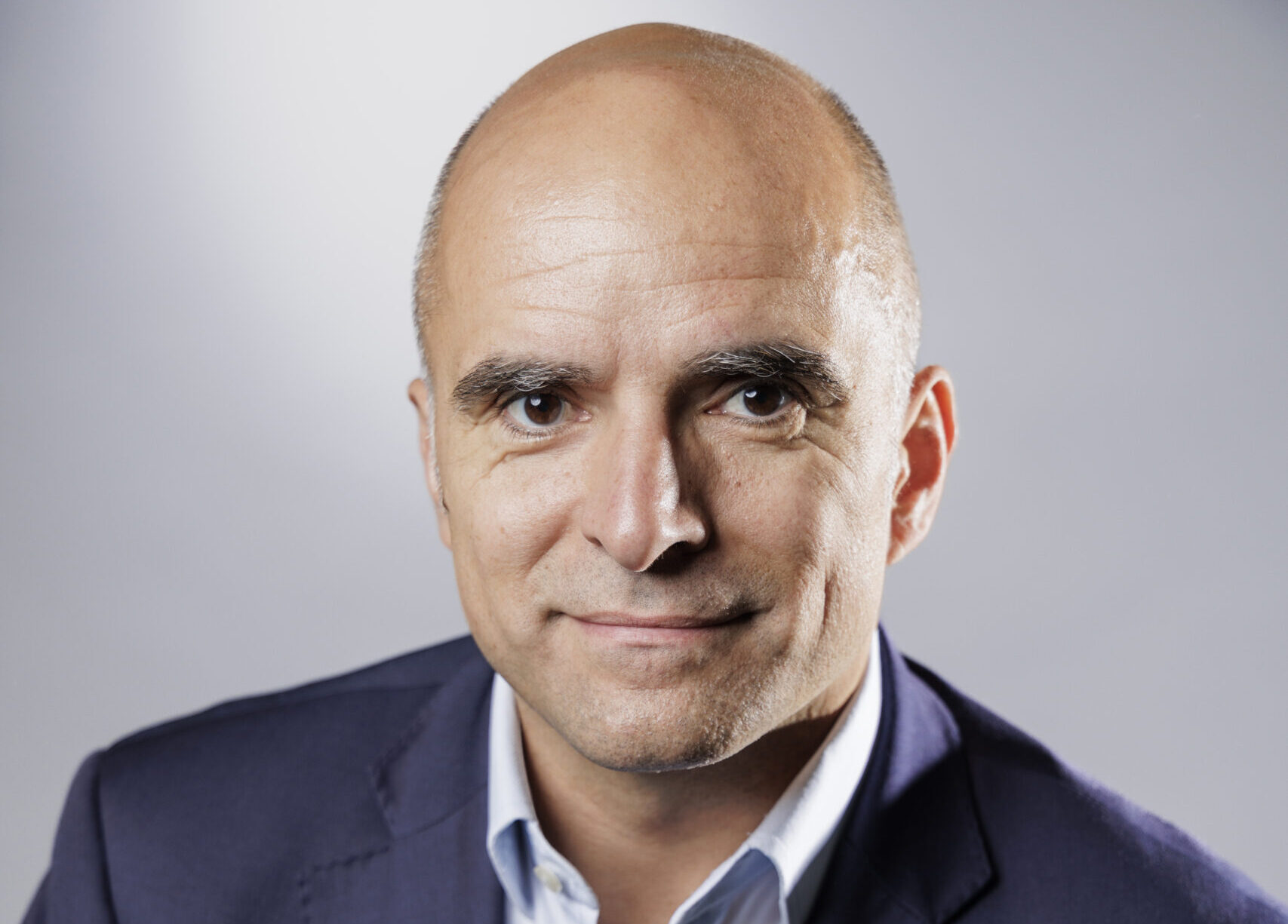
Carlos Rodrigues
Managing Director, Renault Trucks UK & Ireland
